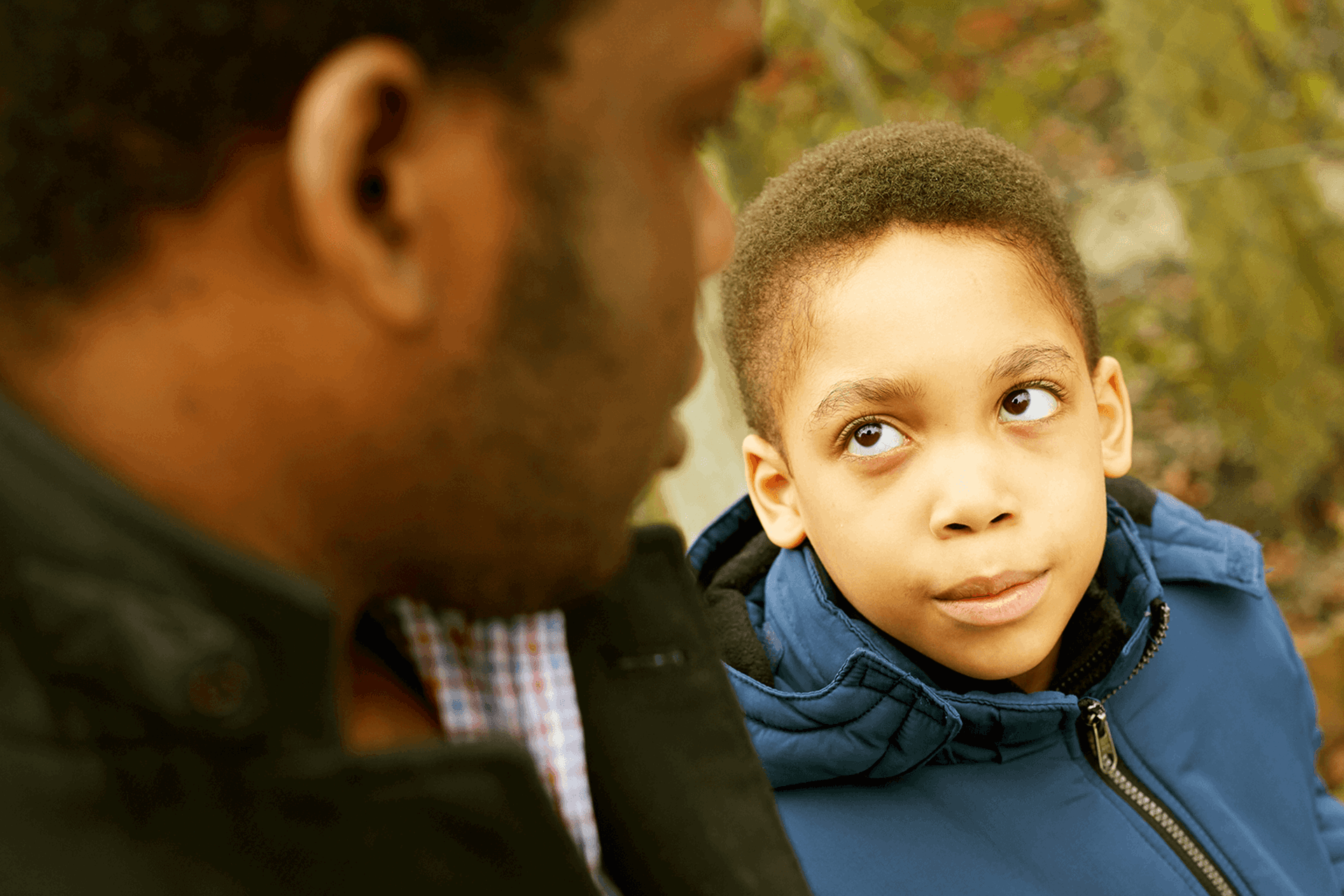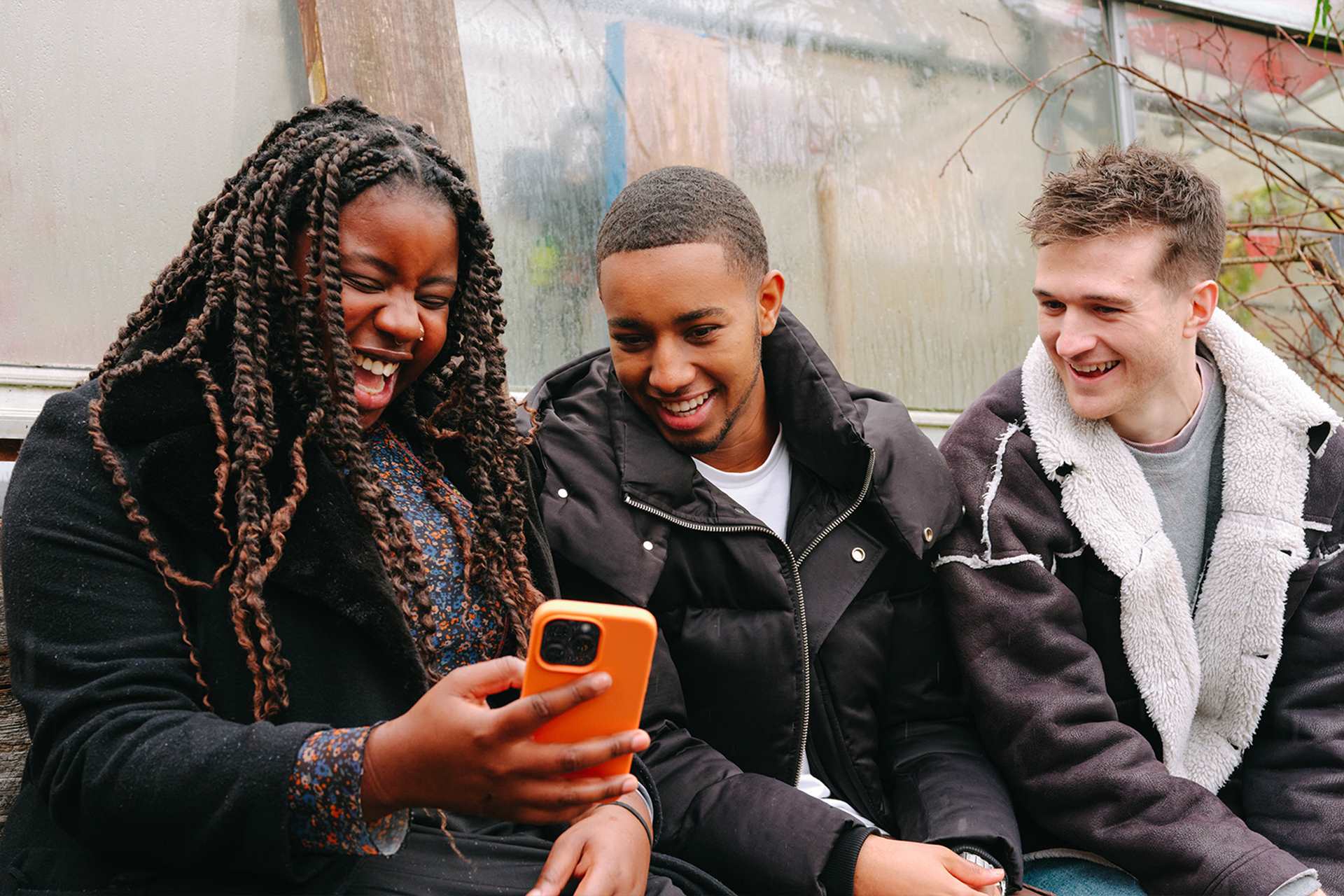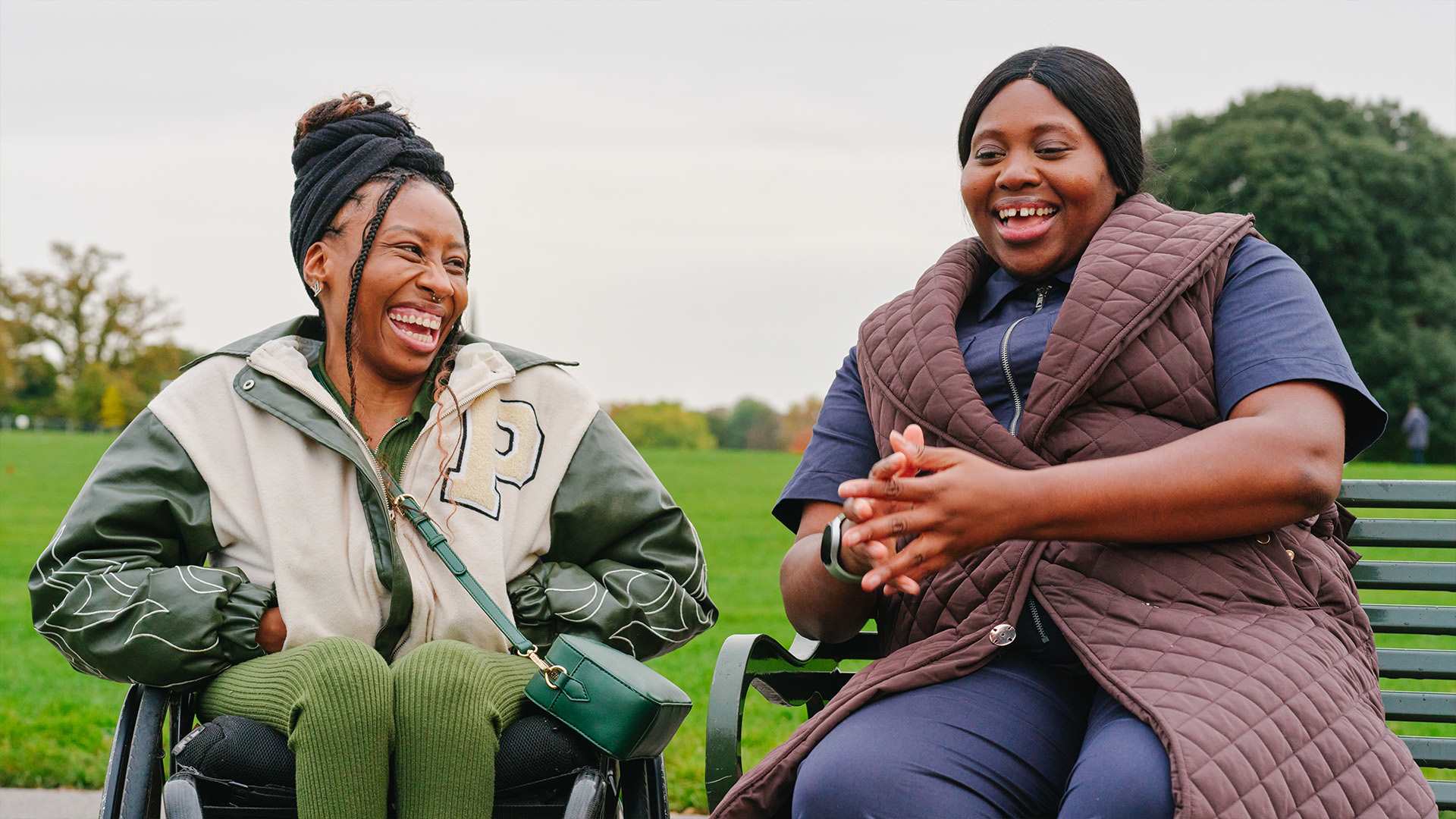
- For:
- Community support,
- Youth workers,
- Schools,
- NHS staff and commissioners
This guide aims to support adults to talk to young people about their online interactions and friendships. Following a design workshop with YoungMinds staff and Youth Advisors that explored what young people want trusted adults to know about social media and mental health, our Youth Advisor Sam shares his tips and advice to help you shape your conversations and develop an open dialogue.
Written by Sam, a YoungMinds Youth Advisor
Young people are interacting and living out their friendships online like never before.
Ofcom research shows how young people’s use of social media and the way they form relationships online have changed over the past decade. As an adult, it can be hard to know how to provide support when it feels like things are changing and evolving so fast.

Online communities are an essential, valuable, and unavoidable part of growing up. Young people are able to interact with others from across the globe instantaneously and create connections that they once were unable to. Where once it may have taken a lifetime to find your people, now they are just a few clicks away.
Below are just some of the benefits of online communities.
Widen their knowledge of their special interests by having dialogue with experts in that field.
Develop their decision making and communication, overcoming virtual challenges but gaining real life skills.
Give access to someone to talk to, without fear of it affecting things at school or at home.

It is completely normal to have doubts or questions about what your young people are getting up to online. It is of course harder to supervise their interactions when they aren’t physically meeting up. And if a healthy dialogue isn’t created, our minds can jump to the worst-case scenario. This is a natural response born out of love and care for the young people in our lives, but it is important to understand that it can also come from the stigma that has surrounded online community and discourse since its beginning.
It could stem from the serious concern that they are interacting with ill-intentioned people and are being groomed or radicalised. We hear horror stories time and time again in the media and it is an important concern to address.
That negativity could also stem from an outdated view that having online friends or hobbies is for people who ‘can’t handle real life interaction’. We have to do our best to unlearn these biases and see the interaction for what it is.
So, what are they doing on that thing all day?
The only way to know is to ask.
Most of the concerns that you may feel can be resolved with a conversation, but often it’s not that simple. For those less experienced with the digital world, it can be hard to know where to begin. There’s a chance that the concern underlying those questions can come across as judgement or aggression, which could cause the young person to withdraw further into the safety of that digital world, creating more concern, creating a cycle of tension.
Every adult-young person relationship is different, so you will have to approach this discussion in a manner suitable for your situation, but here are a few guidelines to point you in the right direction.
Try not to overwhelm your young person with questions when beginning this dialogue. Start slowly and allow them to share what they feel comfortable doing so.
It is human nature to want to share things we find interesting. If you approach the conversation on equal ground, wanting to learn, they will want to share. Even if this conversation is prompted by something you find concerning, you must go in with an open mind, or they are likely to withdraw, and you will find yourself in that cycle of mistrust.
If the conversation starts well, there is a chance they may excitedly begin to outline something completely and utterly alien to you. If it is, that is completely fine but stick with it! Allow them to teach you. Even if you are still completely lost, they will recognise your sincere attempt and appreciate it.
While it can be hard to grasp the importance of intangible successes, that doesn’t mean they are unimportant. Whether it's something they’ve created or a goal they’ve reached, it really doesn’t matter. The second it becomes clear to you that they have had to put their focus on something, and it has paid off, you must praise them. These achievements are not lesser because they are digital or non-physical, and they should be celebrated like any other.
Prioritise empathy by checking in on how a young person is feeling, in place of checking in and criticising the content they are engaging with.

All of these pieces of advice have a shared goal: to create trust.
Once that is created, then the young person will feel comfortable knowing that you are someone who is genuinely invested in their interests and will feel far more able to discuss more difficult subjects related to their online interactions.
Keep the conversation going over time and you will understand their life better, and that fear of the unknown will disappear.